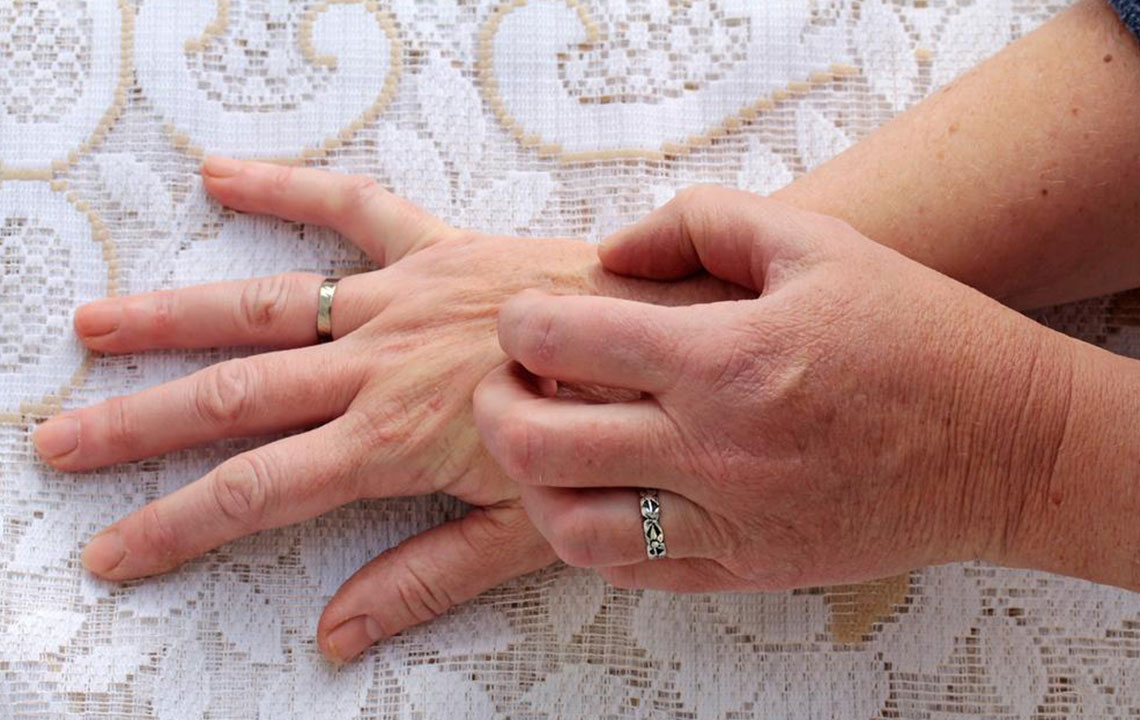Key Insights into Bowel Control Issues
This article provides essential information about bowel control problems, including causes, signs, and effective treatment options. It highlights risk factors, symptoms, and various therapies like exercises, medications, and surgical procedures. Understanding these aspects can help individuals seek appropriate help and improve quality of life related to fecal incontinence.

Key Insights into Bowel Control Challenges
Bowel control issues occur when an individual cannot regulate bowel movements, leading to unexpected leaks of stool or mucus. This condition, known as fecal incontinence, manifests as sudden episodes of bowel leakage, whether solid, semi-solid, or liquid. Often referred to as urge or passive incontinence, it can result from nerve or muscle damage, age-related factors, or health conditions affecting the anal area. Women and the elderly are more susceptible to developing these issues, especially with conditions like rectal prolapse.
Symptoms include sudden urges to defecate, involuntary stool discharge, skin irritation, odor, and emotional distress such as embarrassment or anxiety. Treatment strategies involve bowel training, pelvic exercises like Kegel, medications, dietary adjustments, bio-feedback therapy, nerve stimulation, and surgery options such as sphincter repair or colostomy. Consulting healthcare professionals is crucial for proper diagnosis and management.










